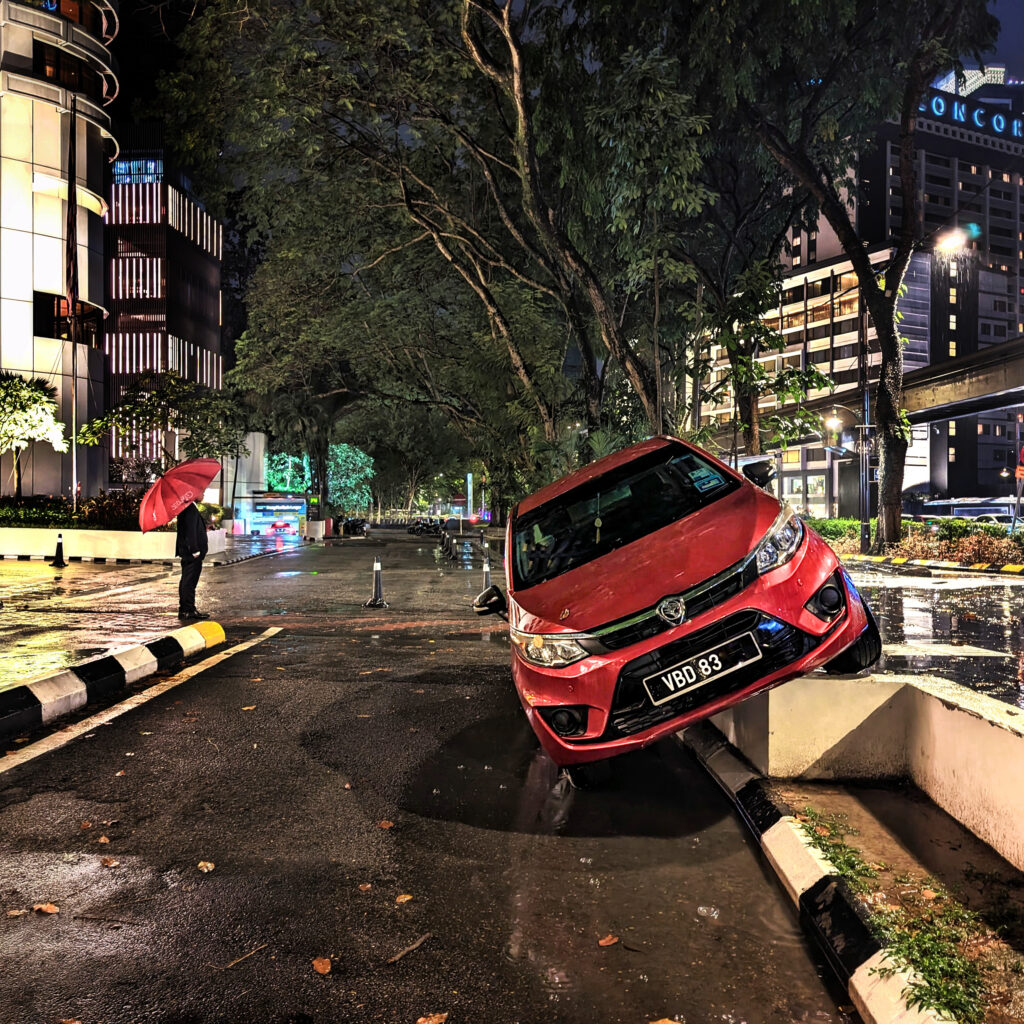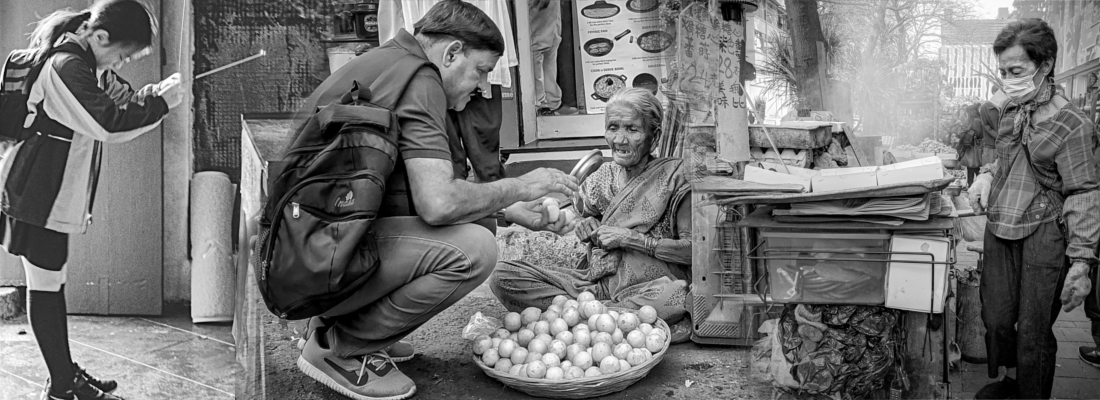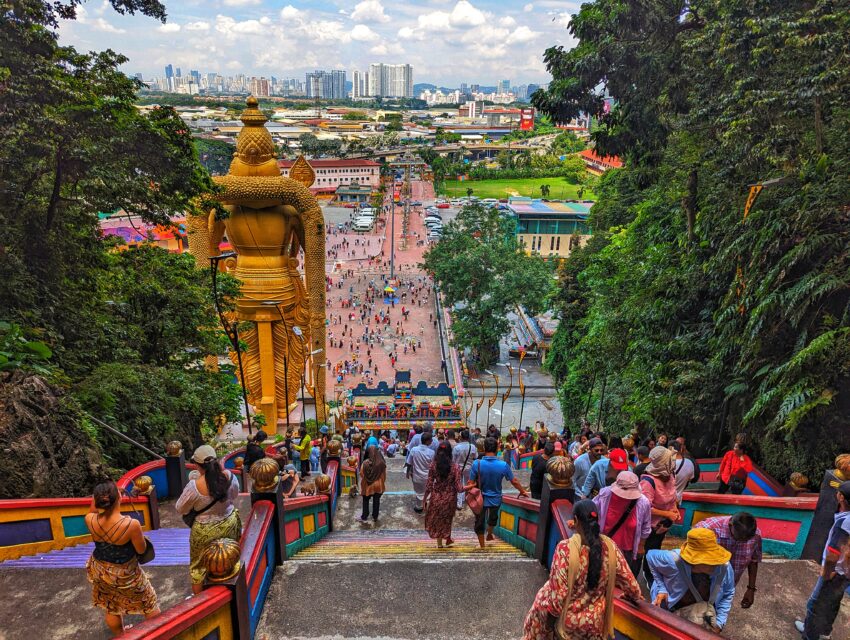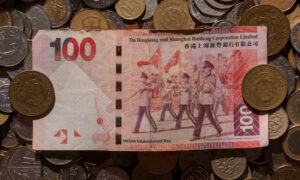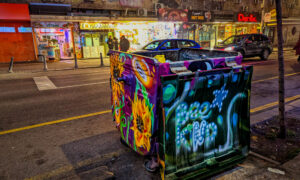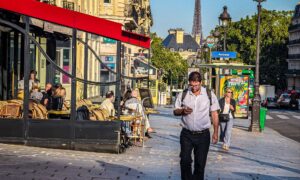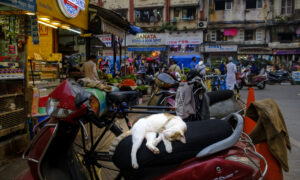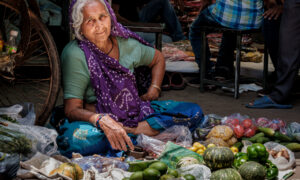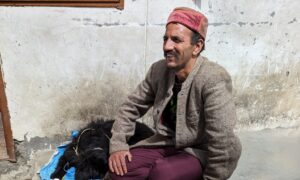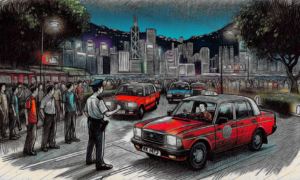Kuala Lumpur, “KL” to locals, is the iconic capital of Malaysia. And I loved it. Founded in the 1850s as a tin mining outpost, the settlement has grown into a bustling hub that epitomizes Malaysia’s diverse cultural tapestry: Malays, Chinese, Indians, and indigenous groups intermingle against the backdrop of towering skyscrapers and traditional houses of worship, of ethnic enclaves and cosmopolitan commercial centers. A dynamic blend of the old and the new, of the sacred and the commercial, KL underscores Malaysia’s embrace of modernity, and showcases Malaysia’s harmony and parity among radically different racial, ethnic, and linguistic groups.
Officially, at least.
Off the record and quietly, people tell a different story.
I asked a dozen Malays from a variety of backgrounds and classes the same question: “Are Malays, Chinese, and Indians all equal in Malaysia?” I got the same answer a dozen times: “Of course.” The Malays told me that they have Chinese and Indian friends, speak a little (Chinese) Cantonese and (Indian) Tamil, and hold Malaysia up as a model of acceptance and tolerance.
But when I asked a young well-to-do upper-class Chinese man, he scoffed. “Of course not,” he said, adding that he’d prefer to remain anonymous with his observations.
It turns out that the Malays are favored both by law and by custom. Malaysia has invented a demographic called “the Bumiputera,” or “Sons of the Soil.” It groups the Malays together with the region’s actual indigenous people, and promulgates the notion that the Malays are the original Malaysians.
Cloaked in such an honor, the Sons of the Soil are legally entitled to a slew of benefits, including preferential educational privileges, business opportunities, employment quotas, housing discounts, and investment incentives. And socially, while friendships between Malays and the other groups are common and accepted, dating and marriage are not.
This skewed dynamic impacts the work force in an almost paradoxical way.
I spoke with a expat European small-business owner in KL, who also asked to remain anonymous. He told me that he prefers to hire non-Malays, because the Malays don’t need the jobs as much. The Malays, he says, are more likely to quit suddenly after a couple months, because their preferential safety net makes a job less vital. Immigrants, by contrast, make great workers.
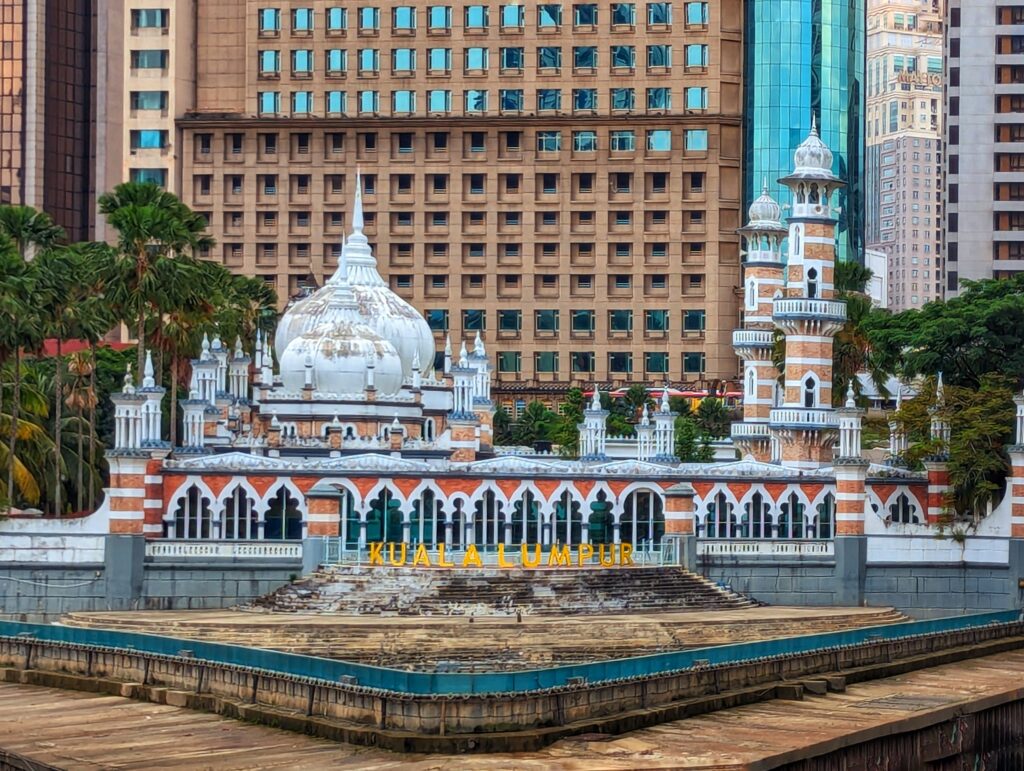
The same small-business owner highlighted another aspect of business life in Malaysia. He pays more for government services because he’s a Westerner. Malaysia doesn’t publish fee schedules the way his home European country does. So Bureaucrats are, he says, free to charge whatever they like for liquor licenses, electrical hookups, building permits, and so on. His white face ups the prices — so much so that he now sends local Malay runners to tend to these things for him. This saves him as much as 80%.
And he needs the money for other unexpected expenses, like paying off the police, a line item that eats up some 20% of his gross ticket sales for events. He doesn’t actually mind though. He feels that this way the police are properly funded. From my perspective, this is not all that different from waiters in the US, whose salaries are below minimum wage because of the expectation that they will make up the difference in tips.
I asked other people about the police, too. The Malays trust the police, even while they admit that there are always bad apples. Others see the system as more thoroughly corrupt. The well-to-do Chinese man I spoke with told me that police checkpoints increase before major holidays, and that everyone knows the police collect holiday money. They can’t keep the proceeds of actual tickets, but they can certainly keep any inducements they receive not to write a ticket.
Cronyism probably also lies behind the multiplicity of toll systems in place on the main highway leading to KL:
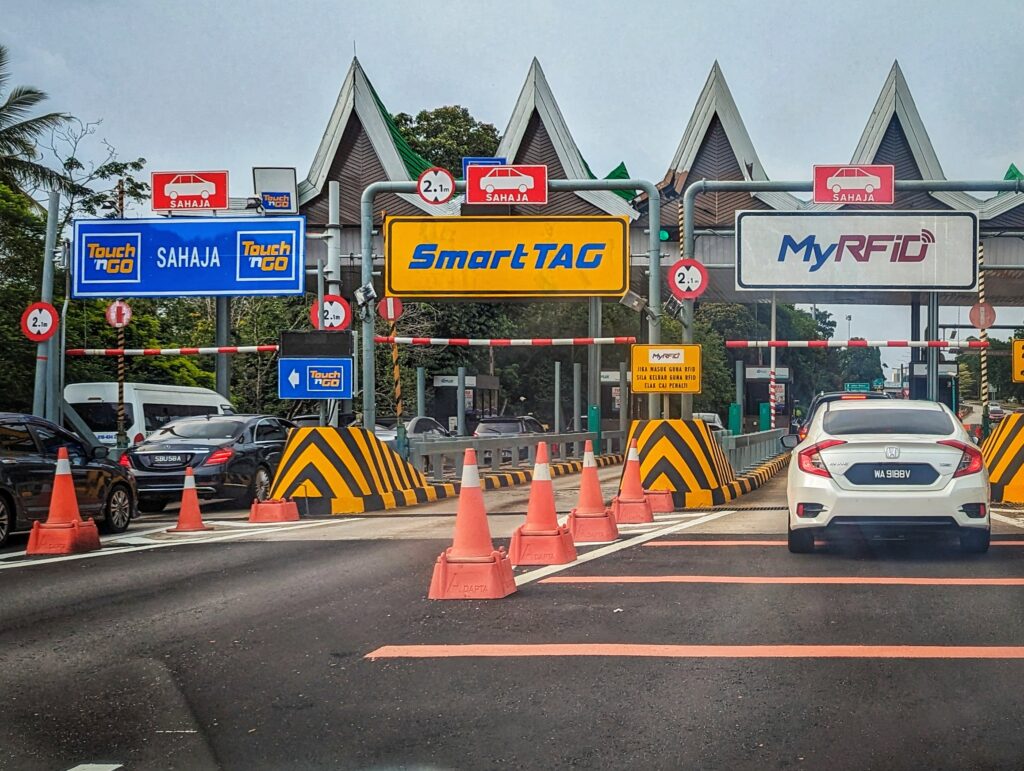
Against this backdrop of a tale of two cities, or perhaps two tales of one city, I noticed a more obvious dichotomy: Kuala Lumpur is brand new. Not so long ago it was a village, mere slivers of which remain. The transformation is uncanny.
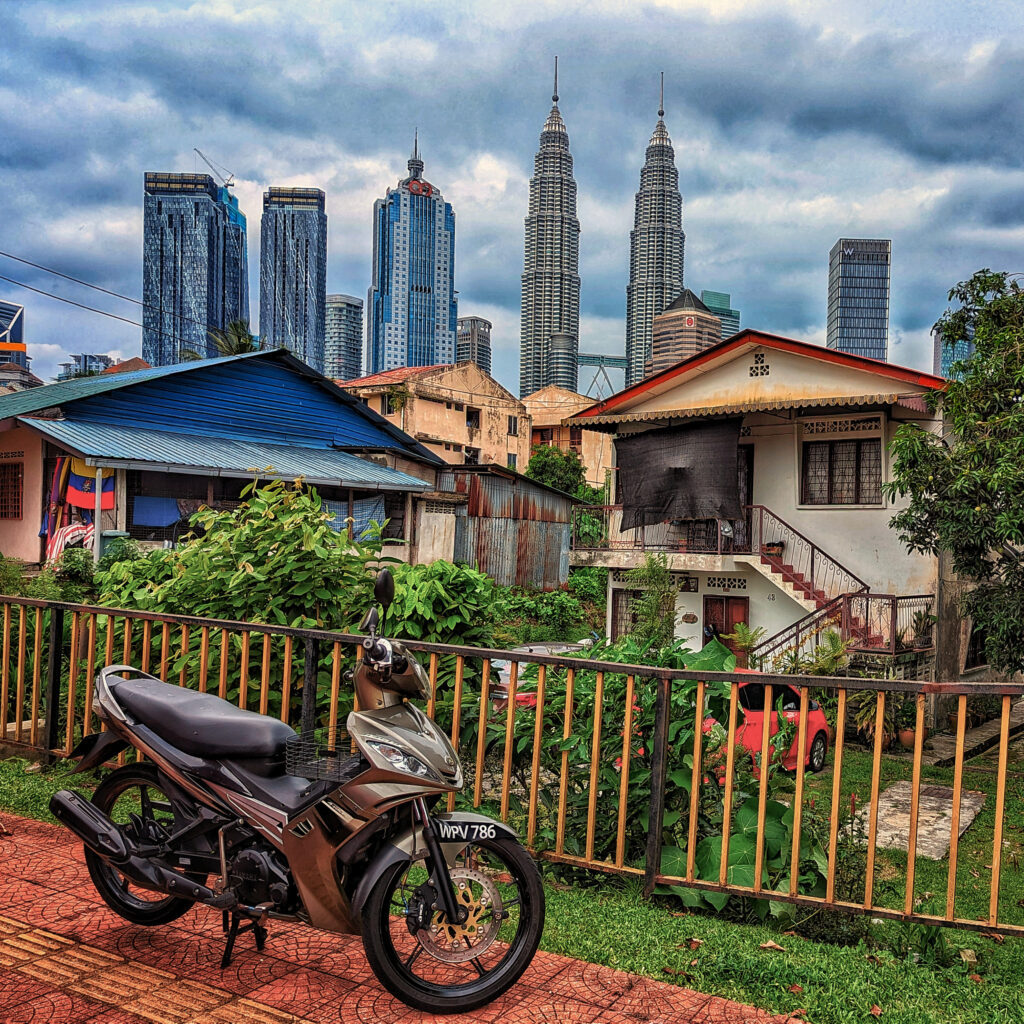
And in many ways it’s fantastic. KL is welcoming, easy to navigate, chock full of good food (check out Bartolo Bakehouse for exceptional cuisine in a casual setting), convenient (my first excursion was to a mall because United Airlines lost track of my luggage), safe, and exceptionally friendly.
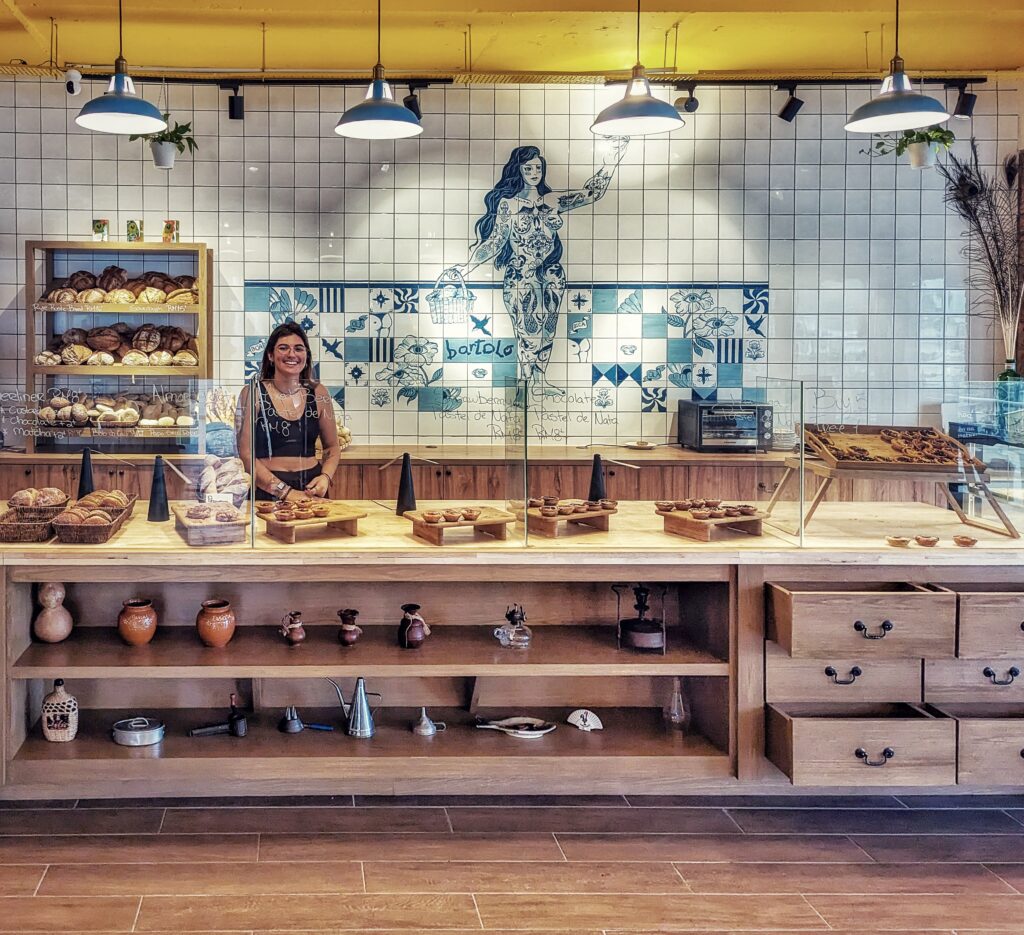
This appealing package coexists with the inequality and corruption. In this sense, KL reminds me not to judge a culture though only one lens.
I hope to return soon.
